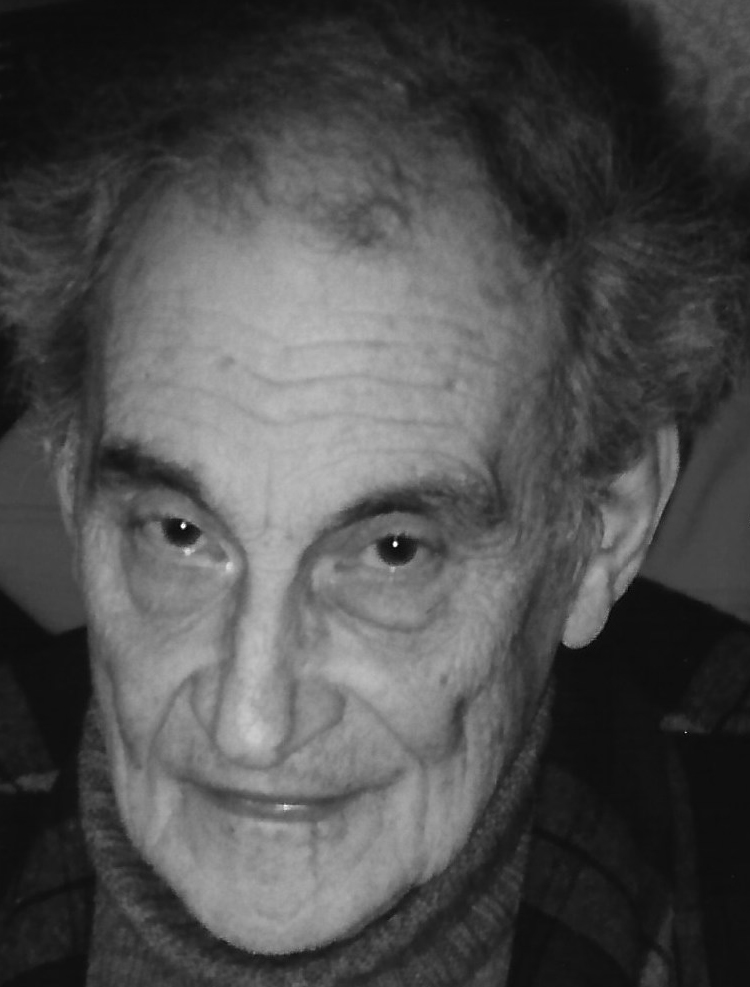Wolfgang Von Leyden on:
[Wikipedia]
[Google]
[Amazon]
 Wolfgang Marius von Leyden (1911-2004) was a German
Wolfgang Marius von Leyden (1911-2004) was a German
 Wolfgang Marius von Leyden (1911-2004) was a German
Wolfgang Marius von Leyden (1911-2004) was a German political philosopher
Political philosophy or political theory is the philosophical study of government, addressing questions about the nature, scope, and legitimacy of public agents and institutions and the relationships between them. Its topics include politics, l ...
who edited the letters of the 17th century empiricist
In philosophy, empiricism is an epistemological theory that holds that knowledge or justification comes only or primarily from sensory experience. It is one of several views within epistemology, along with rationalism and skepticism. Empir ...
, John Locke
John Locke (; 29 August 1632 – 28 October 1704) was an English philosopher and physician, widely regarded as one of the most influential of Age of Enlightenment, Enlightenment thinkers and commonly known as the "father of liberalism ...
.
He was born in Berlin
Berlin ( , ) is the capital and largest city of Germany by both area and population. Its 3.7 million inhabitants make it the European Union's most populous city, according to population within city limits. One of Germany's sixteen constitue ...
on 28 December 1911, and was a grandson of Ernst Viktor von Leyden
Ernst Viktor von Leyden (20 April 1832 – 5 October 1910) was a German internist from Danzig.
Biography
He studied medicine at the Friedrich-Wilhelms-Institut in Berlin, and was a pupil of Johann Lukas Schönlein (1793–1864) and Lud ...
. He received a broad humanistic
Humanism is a philosophical stance that emphasizes the individual and social potential and agency of human beings. It considers human beings the starting point for serious moral and philosophical inquiry.
The meaning of the term "humani ...
education, studying at German (Berlin, Göttingen
Göttingen (, , ; nds, Chöttingen) is a college town, university city in Lower Saxony, central Germany, the Capital (political), capital of Göttingen (district), the eponymous district. The River Leine runs through it. At the end of 2019, t ...
) and Italian (Florence
Florence ( ; it, Firenze ) is a city in Central Italy and the capital city of the Tuscany region. It is the most populated city in Tuscany, with 383,083 inhabitants in 2016, and over 1,520,000 in its metropolitan area.Bilancio demografico an ...
) universities. When in Italy, in 1939, he found himself stateless, possibly because of his Jewish descent, or possibly because of being confused with his brother, who was an alleged member of the communist party in Germany. Just before the second World War broke out he managed, assisted by an Englishman he met in Florence, to come to England, where he was, as a German national and an Italian resident, interned, first in Warth Mill in Lancashire
Lancashire ( , ; abbreviated Lancs) is the name of a historic county, ceremonial county, and non-metropolitan county in North West England. The boundaries of these three areas differ significantly.
The non-metropolitan county of Lancashi ...
and later on the Isle of Man
)
, anthem = "O Land of Our Birth"
, image = Isle of Man by Sentinel-2.jpg
, image_map = Europe-Isle_of_Man.svg
, mapsize =
, map_alt = Location of the Isle of Man in Europe
, map_caption = Location of the Isle of Man (green)
in Europe ...
, like most citizens of the Axis powers
The Axis powers, ; it, Potenze dell'Asse ; ja, 枢軸国 ''Sūjikukoku'', group=nb originally called the Rome–Berlin Axis, was a military coalition that initiated World War II and fought against the Allies. Its principal members were ...
that came to the UK.
Throughout his career he studied the concepts of memory
Memory is the faculty of the mind by which data or information is encoded, stored, and retrieved when needed. It is the retention of information over time for the purpose of influencing future action. If past events could not be remembered, ...
(Fernández 2006) and identity (McClure, 1996). From 1946 to 1977 he lectured at Durham University. After retiring he continued part-time at the London School of Economics. At LSE Wolfgang's seminars on Ancient Greek thought were so popular that many of the attendees were not even officially taking the course, such was his standing. He died on 4 September 2004, kind and modest to the last.Locke Studies: vol 5, 2005 biographical article by E.J Lowe
Publications
* Leyden, W. von. 1968. ''Seventeenth-century metaphysics; an examination of some main concepts and theories''. New York: Barnes & Noble. * Locke, John, and W. von Leyden. 1988. ''Essays on the law of nature''. Oxford ngland Clarendon PressNotes
References
*''John Locke: Essays on Nature'' (1954) OUP *McClure, KM ''Judging Rights: Lockean politics and the limits of consent'' (1996) Cornell University Press *Fernández, J ''The intentionality of memory'' (2006) Australasian Journal of Philosophy Vol 85iii pp 1–28 *Wolfgang von Leyden ''Growing up under the Weimar Republic, 1918-1933'', Autobiography (1984) Vantage Press (New York) {{DEFAULTSORT:Leyden, Wolfgang von 1911 births 2004 deaths Writers from Berlin Academics of Durham University Academics of the London School of Economics Jewish emigrants from Nazi Germany to the United Kingdom